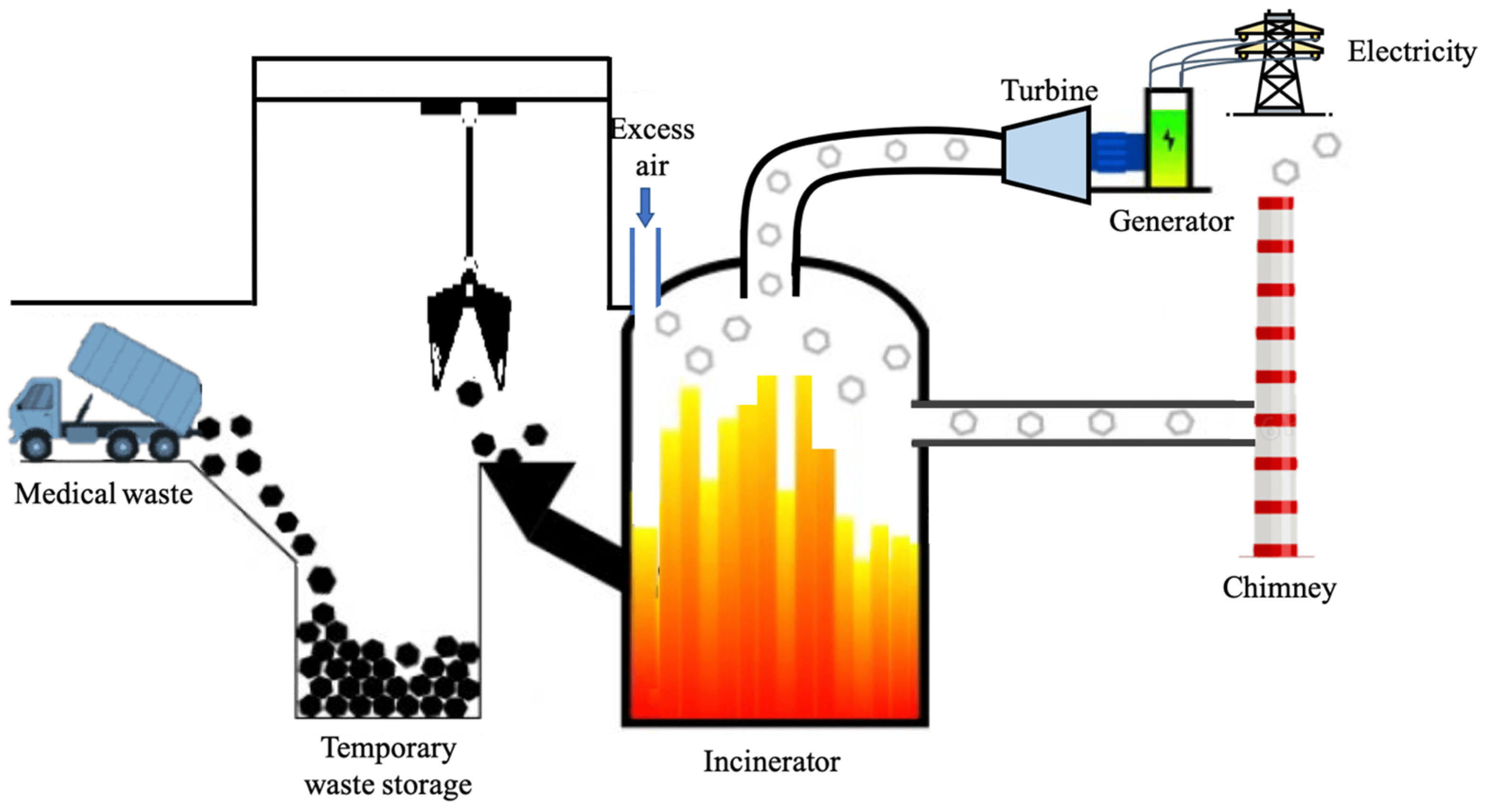
In the bustling city of Los Angeles, where healthcare and technology intersect, the management of biomedical waste has emerged as a critical concern. The integration of Artificial Intelligence (AI) and Machine Learning (ML) in this domain is not just a futuristic concept but a present-day reality transforming how medical waste is handled. This comprehensive exploration delves into the pivotal role of these technologies in revolutionizing the field of biomedical waste management.
1. The Growing Challenge of Biomedical Waste in Urban Settings
The rise of healthcare facilities and medical research institutions in urban areas like Los Angeles has led to an increase in the generation of biomedical waste. This type of waste, comprising of sharps, discarded medicines, chemical waste, and more, poses significant environmental and health risks if not managed properly. Traditional methods of disposal have proven to be inadequate in coping with the growing volume and complexity of this waste, making the need for advanced solutions more pressing than ever.
2. AI and ML: Transforming Waste Management Practices
The adoption of AI and ML in managing medical waste marks a significant shift from conventional practices. These technologies offer smarter, more efficient ways to categorize, treat, and dispose of waste. By leveraging data analytics and predictive models, AI and ML can help in identifying patterns in waste generation, optimizing collection schedules, and reducing the overall environmental footprint of waste disposal.
3. Enhancing Safety and Compliance through Technology
One of the most crucial aspects of biomedical waste management is ensuring safety and regulatory compliance. AI and ML algorithms can play a pivotal role in monitoring waste streams, ensuring that hazardous materials are handled and disposed of in accordance with strict regulatory standards. This not only minimizes the risk of contamination but also ensures that facilities adhere to legal requirements, thereby avoiding hefty penalties.
4. Streamlining Logistics and Operational Efficiency
Efficient logistics are essential in managing the flow of medical waste from generation to disposal. AI-driven logistic solutions can optimize routes for waste collection vehicles, reducing fuel consumption and emissions. Additionally, ML algorithms can predict the generation of waste, enabling facilities to plan in advance and ensure that the disposal process is as efficient and eco-friendly as possible.
5. Public Health Implications and Environmental Sustainability
The impact of AI and ML in biomedical waste management extends beyond operational efficiency. By ensuring proper disposal and treatment of hazardous waste, these technologies play a vital role in safeguarding public health. Moreover, AI and ML contribute to environmental sustainability by minimizing landfill use and promoting recycling and recovery of waste materials.
6. Case Studies: AI and ML in Action
Illustrative examples from Los Angeles medical waste disposal services provide concrete evidence of the effectiveness of AI and ML in this field. These case studies demonstrate how technology is being used to address specific challenges in biomedical waste management, providing insights into best practices and innovative approaches.
7. The Road Ahead: Challenges and Opportunities
While the benefits of AI and ML in biomedical waste management are evident, there are challenges to be addressed. These include the need for significant investment in technology, training of personnel, and ensuring data privacy and security. However, the opportunities for improvement and innovation in this field are vast, making it a promising area for future development.
8. Conclusion: Embracing Technology for a Safer Future
In conclusion, the role of AI and ML in streamlining biomedical waste management is transformative. As we navigate the complexities of modern healthcare and environmental conservation, embracing these technologies is not just beneficial but essential. For cities like Los Angeles, where the stakes are high, the integration of AI and ML in medical waste disposal is a critical step towards a safer, more sustainable future.
Keep an eye on our latest news & updates on Buzz!



